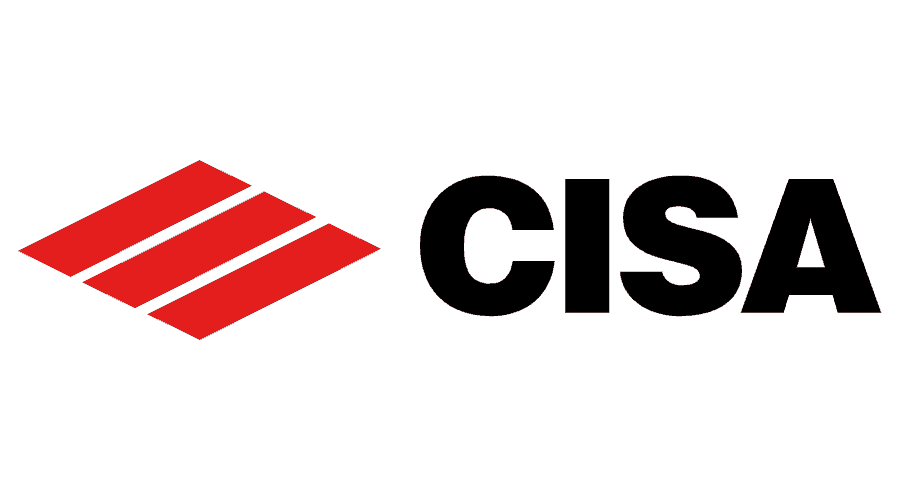100% Pass Cisco, PMP, ISACA, CompTIA, AWS Practice Dumps on SALE!
Get Now
How to Become CISA Certified?
 Becoming Certified with CISA, Candidates are required to clear the exam with a score of at least 450 while also having as a minimum five years of professional information systems control, auditing, or security. To achieve it you will have to go through rigorous training for which you could choose the study dumps like offered at the SPOTO Club.
Becoming Certified with CISA, Candidates are required to clear the exam with a score of at least 450 while also having as a minimum five years of professional information systems control, auditing, or security. To achieve it you will have to go through rigorous training for which you could choose the study dumps like offered at the SPOTO Club.

-
Required Work Experience
- 1 year of non-information systems OR 1 year of information systems auditing experience could work as a substitution for 1 year of the required experience.
- 60 to 120 university credit hours, which are the correspondent to an associate’s or a bachelor’s degree correspondingly, could work as a substitution for 1 or 2 years, respectively this isn’t limited by the 10-year limitation.
- Acquiring a Bachelor’s degree or Master’s degree from a university that utilizes the ISACA-sponsored Model Curricula would be able to substitute 1 year of experience.
- Any Master’s degree in information technology or information security from an accredited university would be working as a substitution for 1 year of experience.
- 2 years as an instructor at an attributed university in a related field could be work as a replacement for 1 year of experience.
-
Adhere to the Code of Professional Ethics
But just have a peak in the lion’s den:
- Supporting the completion of and persuading fulfillment with, suitable standards and procedures for the effectual governance and administration of enterprise information systems and technology, including audit, security, control, and risk management.
- Performing their duties with objectivity, due attentiveness, and professional care, chasing professional standards.
- Serving in the awareness of stakeholders in a lawful manner, while preserving high standards of character and conduct, and not dishonoring their profession or the Association.
- Maintaining the confidentiality and privacy of information which have been obtained in the course of their activities unless disclosure is given required by legal authority. Such information shall not be used for personal advantage or unconfined to unfortunate parties.
- Maintaining capability in their particular fields and concur to undertake only those activities they can realistically expect to complete with the necessary skills, competence, and knowledge.
- Informing appropriate parties of the results of work performed which would also include the full disclosure of all significant facts known to them that, if not disclosed, it would result in distort the reporting of the results.
- Supporting the professional education of stakeholders in the enhancement of their understanding of the managing and governing of enterprise information systems and technology, which would also include control, audit, security, and risk management.
-
Adhere to the Continuing Professional Education Program

Recommended Reading: